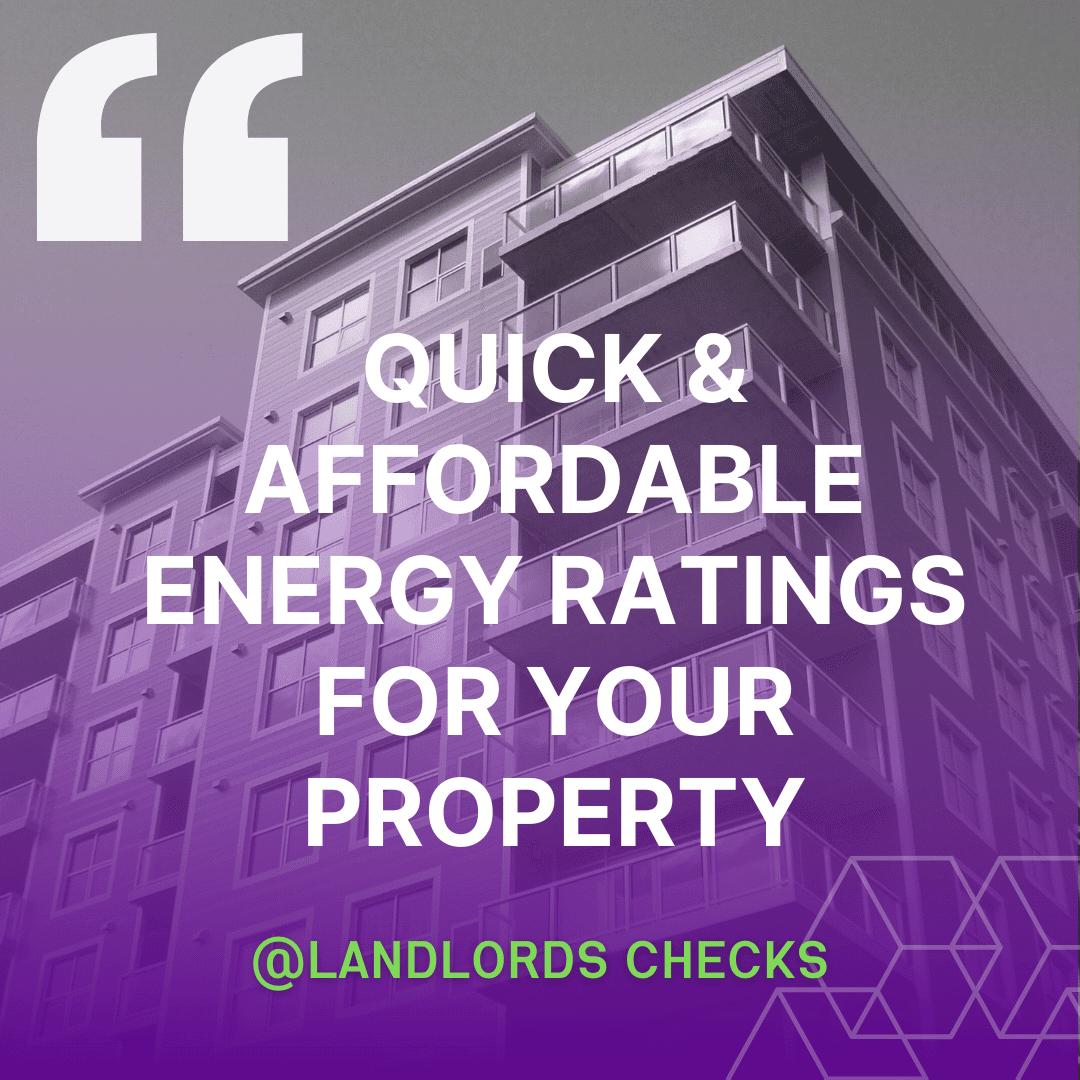What is an Energy Performance Certificate (EPC)?
An Energy Performance Certificate (EPC) is a crucial document that assesses the energy efficiency of residential and commercial properties in the UK. The main purpose of an EPC is to provide potential tenants and buyers with an understanding of a property’s energy usage and carbon dioxide emissions, thus promoting informed decisions regarding energy consumption. Each property is rated on a scale from A (most efficient) to G (least efficient), allowing individuals to compare different properties based on their energy performance.
The assessment for an EPC takes into account several factors that determine the energy efficiency of a building. These include the thermal insulation of the property, the type of heating systems installed, the efficiency of lighting, and the presence of renewable energy sources. Based on these aspects, the EPC is compiled by an accredited energy assessor, highlighting areas where improvements can be made to enhance the property’s energy performance.
An EPC is valid for ten years, after which a new assessment must be conducted. This allows for any upgrades or renovations that improve energy efficiency to be reflected in the certificate. It is important to note that landlords in the UK are legally required to provide an EPC to prospective tenants before the rental arrangement begins. Failure to comply with this regulation can result in significant penalties, which may include fines and restrictions on the ability to rent out the property until a valid EPC is obtained.
In essence, the Energy Performance Certificate serves both environmental and financial purposes, helping landlords and tenants to make educated choices about energy consumption and contributing to broader efforts to enhance energy efficiency across various properties in the UK.
The Importance of EPCs for Landlords
Energy Performance Certificates (EPCs) play a critical role for landlords and property owners in the UK, influencing various aspects of property management and operation. One of the primary impacts of an EPC is its effect on rental income. Properties with higher EPC ratings not only demonstrate greater energy efficiency but also appeal more to potential tenants who prioritize sustainability. Consequently, landlords who invest in energy-efficient upgrades can benefit from increased rental income as demand for such properties continues to rise.
Tenant satisfaction is another significant factor affected by the EPC rating of a property. A high EPC rating indicates superior insulation and energy-efficient heating systems, which typically result in lower energy bills for tenants. This financial benefit can enhance tenant retention and reduce turnover rates, ultimately leading to more stable rental income for landlords. Furthermore, satisfied tenants are more likely to recommend the property, contributing to a positive reputation within the rental market.
Additionally, the valuation of a property can be significantly influenced by its energy performance. Properties that display high EPC ratings are often viewed as more valuable and desirable investment options. As the marketplace becomes increasingly aware of sustainability and energy efficiency, properties with lower ratings may face depreciation or lack of interest from potential buyers. Landlords should recognize that enhancing their property’s energy performance not only improves their current rental prospects but also serves as a long-term investment strategy.
Moreover, with the growing emphasis on environmental responsibility, today’s tenants are more aware of sustainability issues than ever before. An EPC is not merely a regulatory requirement; it is a valuable marketing tool that demonstrates a landlord’s commitment to energy efficiency and environmental impact. By showcasing a high-rated EPC, landlords can attract environmentally conscious tenants and enhance their property’s marketability. In conclusion, understanding the importance of EPCs and actively managing energy performance is essential for landlords in today’s competitive rental market.
New EPC Rules in the UK: What Landlords Need to Know
The landscape of energy performance in the UK has undergone significant changes, particularly for landlords. The introduction of stricter regulations aims to enhance the energy efficiency of properties, ensuring that residential and commercial buildings contribute to the nation’s sustainability goals. One of the key components of these changes is the implementation of Minimum Energy Efficiency Standards (MEES), which mandate that rental properties attain a minimum EPC rating of ‘E’ before they can be rented out. This requirement applies to both new leases and renewals, compelling landlords to assess and improve their properties’ energy performance as a matter of urgency.
Landlords will need to familiarize themselves with the types of improvements that can be made to comply with these new regulations. Simple upgrades, such as installing energy-efficient lighting, enhancing insulation, and upgrading glazing, can significantly contribute to boosting a property’s EPC rating. More advanced options might include investing in renewable energy systems, such as solar panels, which not only enhance energy efficiency but can also reduce energy costs in the long term. Government resources provide detailed guidelines and toolkits to assist landlords in navigating the energy efficiency improvement process, thus ensuring compliance with the current standards.
It is crucial to note the specific deadlines set for landlords to comply with these EPC regulations. As of April 2023, the compliance deadline for properties with new tenancies and lease renewals is mandatorily set, while existing tenancies will follow suit come April 2025. Failure to meet the requirements can result in substantial fines and restrictions on renting out properties. Overall, staying informed about the evolving energy performance regulations and understanding how to implement necessary improvements is vital for landlords in the UK. This proactive approach not only ensures regulatory compliance but also contributes to a sustainable future.
Guidance for Landlords on Compliance with EPC Regulations
Landlords in the UK are increasingly required to comply with Energy Performance Certificate (EPC) regulations, which aim to enhance the energy efficiency of rental properties. To ensure compliance, it is essential for landlords to take proactive steps in assessing and improving their properties’ energy performance. The first step is to conduct a thorough EPC assessment, which provides crucial insights into the current energy efficiency rating of the property. Understanding the specific areas that require improvement can guide landlords toward informed decisions amplifying their property’s performance.
To enhance a property’s energy efficiency rating, landlords should consider undertaking specific improvements. These may include upgrading insulation, installing double glazing, and investing in energy-efficient heating systems. Notably, measures such as improving cavity wall insulation and replacing old boilers can yield significant efficiency gains and enhance comfort for tenants. It is important to prioritize improvements that align with the recommendations outlined in the EPC report, as these are tailored to provide the best results for the specific property.
Financial assistance and incentives are available to support landlords in implementing these energy-efficient upgrades. Various government-backed schemes can provide grants or low-interest loans for energy-related projects. Landlords should explore options such as the Green Homes Grant and local authority incentives designed to assist landlords in enhancing their properties’ energy performance. Additionally, consulting resources and support services, such as [Landlord Checks](https://landlordschecks.co.uk/), can provide valuable tools and guidance for navigating compliance with EPC regulations.
By taking these steps and utilizing available resources, landlords can ensure they remain compliant with EPC regulations while enhancing their properties’ energy efficiency and appeal to tenants.




